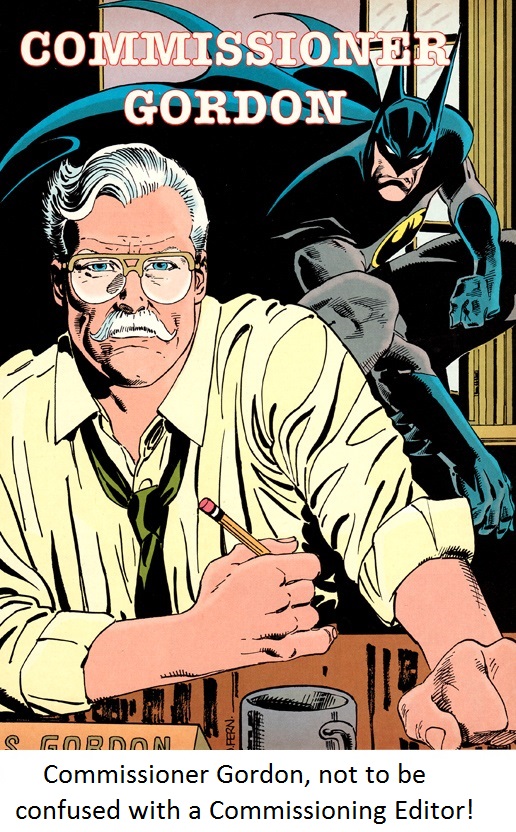A few weeks ago the author of 2016 Man Booker shortlisted novel His Bloody Project, Graeme Macrae Burnet, and Saraband founder and owner, Sara Hunt, visited the University of Stirling to discuss the relationship between authors and publishers. The interview was held on a Wednesday evening, with tea and biscuits to accompany the charismatic talk for the creative writing and publishing students.
His Bloody Project became the largest-selling book in the Booker shortlist after being shortlisted for the 2016 Man Booker Prize the past year. However, Burnet’s success first started with his union with Saraband when working on his first novel, The Disappearance of Adèle Bedeau. Just like all good stories begin, Graeme submitted the manuscript of the novel to different publishers before Sara called him.
The starting point of this magnificent story commenced with Burnet finding an agent who was willing to work on the manuscript. After some editorial work done, the manuscript was sent to different publishers, all of which rejected Graeme’s novel. That was the point when the possibility to send the novel to independent publishers arose.
He got interested on Saraband thanks to the description on their webpage about their new Contraband imprint, that was seeking crime fiction, “but not purely crime — centering on the originality and quality of the narrative, either crime fiction, thrillers, mystery or noir”. He thought, “well, here you have a quirky novel, set in France and written by someone who’s not French”. Burnet describes The Disappearance of Adèle Bedeau as a character study, “it is a sort of crime novel, but it doesn’t easily slot into a specific genre. It is all about the character”.
Saraband originally started in 1994, dedicated mostly to illustrated non-fiction books but, as publishing was evolving, in 2014 Sara and her team decided to create Contraband imprint, “kind of crime related but not genre crime particularly”, something different that would not fit into a publishing standard. She explains Saraband’s motto would be to provide books with quality or passion more than genre or fitting in a particular market.
Hunt found the manuscript impeccable and fitting into what she wanted for the new imprint so she decided to call Graeme, who was in that moment painting the ladies toilet of a building. He giggled while affirming “it is not easy to make a living as a writer”. Nevertheless, Graeme told us that all the recent events have had a very big impact on his life. After the shortlisting of his second novel by the Man Booker Prize he was immediately invited to a high profile events such as the London Book Fair. He explained that as a “newbie” in the field he decided to attend all events as they were all big and beautiful opportunities, but obviously it got pretty exhausting. However, despite all the social appearances, he already finished The Accident on the A35 published by Saraband this last October 2017.

Then, the students were given the opportunity to ask the guests, and the eternal question arose among the audience, “why did you decide to set His Bloody Project in a city of Scotland that is not your hometown?” Burnet argued that imagination is emphasized when you are in a foreign place, “sit down in a place without a phone or a book and you’ll be surprised by all the things you can reckon”, he proposed.
When another student asked Graeme what moved him to write he advised to be authentic, “looking for commercial trends to inspire some writing might not work”. And that is something he and Saraband share. Hunt explained, “if something is on trend that’s a bonus – for us it’s about quality and having passion for the book”.
An intrepid publishing student asked then whether, after all the success he’s been through, other publishers have offered him to publish with them. Graeme appeared very open to share it with us and Sara. He did receive other offers but “every relation with an author is different”. He felt Sara had done an amazing job and built a great relationship. Burnet is very comfortable with Saraband. “It is very difficult to find someone that believes in your work at an early stage and holds the faith on it”. Moreover, Sara feels fine with Graeme moving to other publishers, “it’s not bad to have authors going to larger publishers because it gives you advertising. It is fruitful anyway”, she said.
The clock was marking the last five minutes of the hour, but Sara and Graeme kept telling us the most encouraging stories to make the work in publishing an amazing place:
Sara: “It’s important to have faith in the people you are working for”.
Graeme: “It is striking to have freedom to write about what you want”.
Sara: “Saraband’s thing is that with Contraband we are keeping authors, not trends of novels”.
Graeme finished the talk with profound feeling and advice to the audience “but do not to give your heart because then it hurts more. However, if it is your passion, it will never stop. It never crossed my mind to stop”.




 Mere weeks into starting his job, the company was sold on to
Mere weeks into starting his job, the company was sold on to  To create an authoritative text, you need to wait until the tinkering by the SQA is done. “People want to have something that they can open up and use,” he explains; they need to be patient at times in order to create a high quality, accurate product. Within that there are additional opportunities to spark interest and differentiate themselves using exercises, hints and tips, word banks, glossaries and so on.
To create an authoritative text, you need to wait until the tinkering by the SQA is done. “People want to have something that they can open up and use,” he explains; they need to be patient at times in order to create a high quality, accurate product. Within that there are additional opportunities to spark interest and differentiate themselves using exercises, hints and tips, word banks, glossaries and so on.